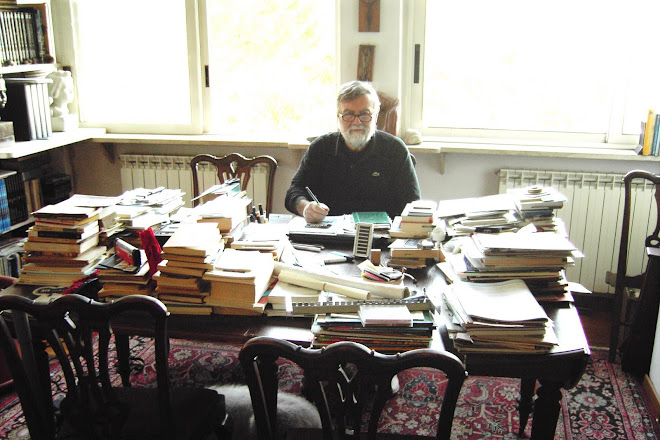referring to a few hours before in a far more antagonistic spirit
than that displayed by those whom he so sharply contradicted.
I remember one amusing instance of the idiosyncrasy referred to.
There was in Johannesburg
a man who, having arrived there with twenty-five pounds in his
pockets--as he liked to relate with evident pride in the fact--had,
in the course of two years, amassed together a fortune of two
millions sterling. One day during
dinner at Groote Schuur he enlarged upon the subject with such
offensiveness that an English lady, newly arrived in South Africa and
not yet experienced in the things which at the time were better left
unsaid, was so annoyed at his persistency that she interrupted the
speaker with the remark:
"Well, if I were you, I would not be so eager
to let the world know that I had made two millions
out of twenty-five pounds. It sounds exactly like the story
of the man who says that in order to catch a train at six o'clock in
the morning he gets up at ten minutes
to six. You know
at once that he cannot possibly have washed, whilst your story shows
that you could not possibly have been honest." I leave the reader to
imagine the
consternation produced among those present by these words. But what
were their feelings when they heard Rhodes say in
reply: "Well, one does not always find water to wash in, and at
Kimberley this happened oftener than one imagines; as for being
honest, who cares for honesty nowadays?" "Those who have
not lived in South Africa, Mr. Rhodes," was the retort which silenced
the Colossus. This
man of the get-rich-quick variety
was one of those who had mastered the difficult operation of passing
off to others the mines out
of which he had already extracted most of the gold, an occupation
which, in the early Johannesburg days, had been a favourite one
with many of the inhabitants of this wonderful town. One must not
forget that as soon as the fame of the gold fields of the Transvaal
began to spread adventurers hastened there,
together
with a few honest pioneers, desirous of making
a fortune out of the riches of a soil which, especially in
prospectuses
lavishly distributed on the London and Paris Stock Exchanges, was
described as a modern Golconda. Concessions








Nessun commento:
Posta un commento